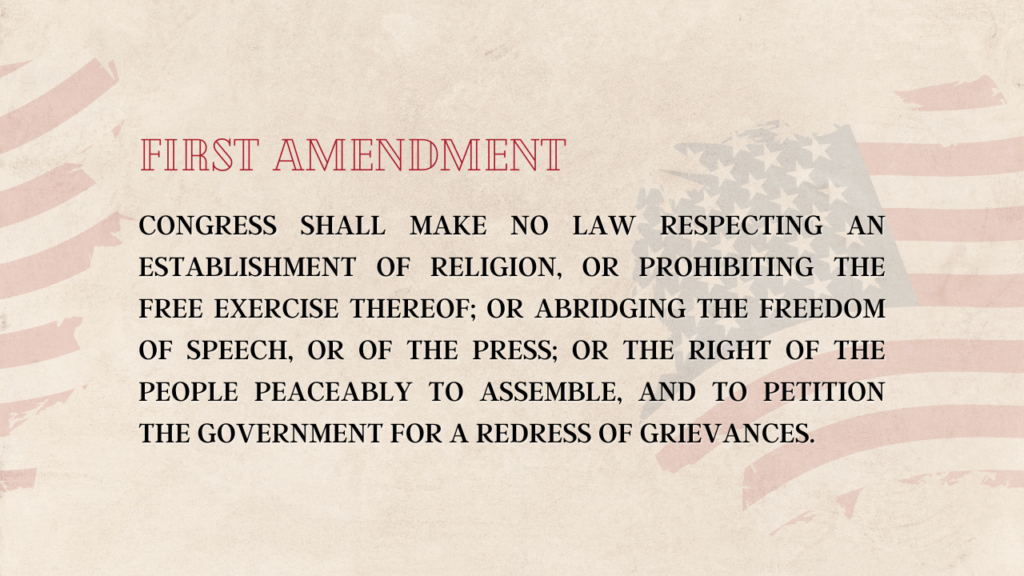I distinctly remember the season when I first encountered the term hate speech. It was while I was in high school in the late 1990s. The tragic death of college student Matthew Shepard was dominating the news in late 1998. And I recall hearing on the news broadcasts and in conversations with friends the novel idea that “hate speech” should and could be regulated and punishable by law. I felt a visceral violation as an American in reaction to this concept. I had been taught growing up, and indeed worked out myself, the importance of freedom of speech as given in the first amendment to the constitution.

“Congress shall make no law…..abridging the freedom of speech”. In other words as an American we have the freedom to say anything that we want to say. Full stop. No further discussion needed. I am free to speak whatever words I choose to speak in whatever way I choose to speak them. We also understand that historically there are caveats to this freedom whether wrong or right. You cannot threaten the life of the President, you can’t say bomb on an airplane, and you cannot libel someone without threat of a lawsuit. And while those things are perhaps unconstitutional, they are very limited in scope and, quite frankly, anomalies for the average American.
But “hate speech” was different.
For the government to be able to make a law abridging the freedom of speech by labeling it as a crime seemed to me to be a sinister violation of my liberty. The Matthew Shepard case eventually had an impact on U.S. law, allowing for prosecution of certain types of speech deemed as potentially inciting violence (notwithstanding the fact that many questions remain about the actual motive of the killing).
The idea that some speech can be regulated by law is now an accepted fact across the board in America. The frog has been in the boiling water for a few decades now….
Fast forward to 2023. There’s now a new attack on the first amendment that is predicated on the logic of hate speech: “disinformation”. I don’t have any problem with the label of disinformation. Pretty sure it’s just another way to categorize lies (or “untruths” as the kids like to say). I have a problem when the government tries to define what speech qualifies as disinformation, and subsequently polices and shuts down those it deems are spreading such lies.
Let the 1990s be a warning to the 2020s.
If the idea of disinformation is ever enshrined in law similar to hate speech – if our government ever has the ability to identify and punish speech that it deems untruthful – then a new era of persecution for American churches will begin.
With this in mind, it only makes sense for believers to stand up for the right of everyone to say what they choose. That freedom allows that the lines of gospel communication – to a culture that desperately needs it – will remain open.

Amen